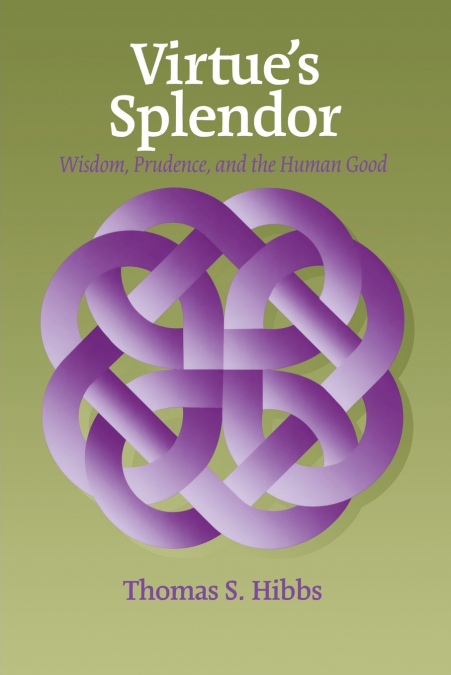
 Librería Perelló (Valencia)
Librería Perelló (Valencia)
 Librería Aciertas (Toledo)
Librería Aciertas (Toledo)
 Librería Elías (Asturias)
Librería Elías (Asturias)
 Donde los libros
Donde los libros
 El AlmaZen del Alquimista (Sevilla)
El AlmaZen del Alquimista (Sevilla)
 Librería Kolima (Madrid)
Librería Kolima (Madrid)
 Librería Proteo (Málaga)
Librería Proteo (Málaga)
In recent years, there has been a remarkable resurgence of interest in classical conceptions of what it means for human beings to lead a good life. Although the primary focus of the return to classical thought has been Aristotle's account of virtue, the ethics of Aquinas has also received much attention. Our understanding of the integrity of Aquinas's thought has clearly benefited from the recovery of the ethics of virtue.Understood from either a natural or a supernatural perspective, the good life according to Aquinas involves the exercise not just of the moral virtues, but also of the intellectual virtues. Following Aristotle, Aquinas divides the intellectual virtues into the practical, which have either doing (prudence) or making (art) as an end, and the theoretical or speculative, which are ordered to knowing for its own sake (understanding, knowledge, and wisdom). One of the intellectual virtues, namely, prudence has received much recent attention. With few exceptions, however, contemporary discussions of Aquinas ignore the complex and nuanced relationships among, and comparisons between, the different sorts of intellectual virtue. Even more striking is the general neglect of the speculative, intellectual virtues and the role of contemplation in the good life.In Virtue's Splendor Professor Hibbs seeks to overcome this neglect, approaching the ethical thought of Thomas Aquinas in terms of the great debate of antiquity and the Middle Ages concerning the rivalry between the active and the contemplative lives, between prudence and wisdom as virtues perfective of human nature. In doing so, he puts before the reader the breadth of Aquinas's vision of the good life.